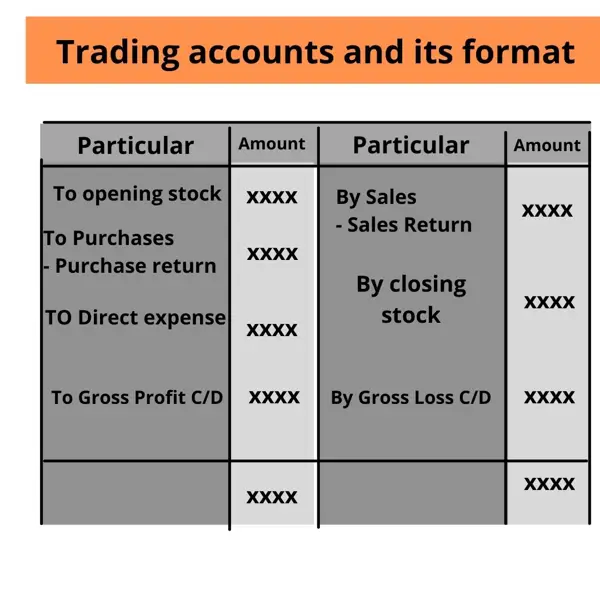Table of Contents
- Introduction
- Demo Accounts
- Margin Accounts
- Cash Accounts
- Retirement Accounts
- Managed Accounts
- Forex Accounts
- Cryptocurrency Accounts
Introduction
In the dynamic world of trading, understanding the different types of accounts is essential. This article aims to demystify the concept of trading accounts and their variations, enabling traders to make informed decisions.
Demo Accounts
Demo accounts are simulated trading platforms that allow traders to practice and learn without using real money. Traders can familiarize themselves with the platform's features and test various strategies in a risk-free environment.
Margin Accounts
Margin accounts are trading accounts that allow traders to borrow funds from their broker to leverage their positions. This enables traders to control larger positions than they could with their available capital, potentially increasing their profits. However, it also involves higher risks and margin requirements.
Cash Accounts
Cash accounts are basic trading accounts where traders can only trade with the funds they have deposited. This account type does not involve borrowing or leverage. It is suitable for those who prefer to trade within their means and do not want to incur interest or leverage-related risks.
Retirement Accounts
Retirement accounts, such as Individual Retirement Accounts (IRAs) or 401(k)s, are specialized accounts designed for long-term investing with tax advantages. They are subject to certain contribution limits, withdrawal rules, and tax implications. These accounts offer traders a way to invest and save for retirement.
Managed Accounts
Managed accounts are accounts managed by professional portfolio managers or investment firms. Traders invest their funds in these accounts, and the portfolio managers make trading decisions on their behalf. This account type is suitable for those who prefer a hands-off approach to trading and rely on experts to manage their investments.
Forex Accounts
Forex accounts are specialized accounts used for trading in the foreign exchange market. These accounts enable traders to buy, sell, and speculate on various currency pairs. Forex accounts can come in different types, such as standard, mini, or micro, depending on the lot size and trading requirements.
Cryptocurrency Accounts
Cryptocurrency accounts allow traders to trade digital assets like Bitcoin, Ethereum, or Litecoin. These accounts provide access to various cryptocurrency exchanges, enabling traders to buy, sell, or hold cryptocurrencies. The characteristics of cryptocurrency accounts may vary depending on the specific exchange and platform used.
Key Takeaways
- Understanding the different account types in trading is crucial for making informed decisions.
- Demo accounts provide a risk-free environment for practicing trading strategies.
- Margin accounts allow traders to borrow funds and increase their trading potential but involve higher risks.
- Cash accounts enable traders to trade with their own deposited funds without borrowing or leverage.
- Retirement accounts offer tax advantages and are suitable for long-term investing.
- Managed accounts allow professionals to make trading decisions on behalf of the investors.
- Forex and cryptocurrency accounts cater to specific markets and asset classes.
Frequently Asked Questions
- Can I switch between different account types?
Yes, in most cases, you can switch between account types. However, it is crucial to understand the implications and requirements associated with each type.
- What factors should I consider when choosing a trading account?
When choosing a trading account, factors such as your trading goals, risk tolerance, available capital, and trading strategies should be taken into consideration.
- Are all retirement accounts the same?
No, different retirement accounts, such as traditional IRAs or Roth IRAs, have different tax implications and contribution rules. It's important to understand the specifics of each account type.
- Are managed accounts suitable for everyone?
No, managed accounts are typically recommended for investors who prefer a hands-off approach and trust professional portfolio managers to make trading decisions on their behalf.
- What are the risks associated with leverage in margin accounts?
Leverage in margin accounts can amplify both profits and losses. It's essential to manage risks effectively and have a thorough understanding of the margin requirements.
- Can I trade cryptocurrencies in a cash account?
No, cryptocurrencies are usually traded in specialized cryptocurrency accounts that offer access to different exchanges and support specific digital assets.


No comments:
Post a Comment